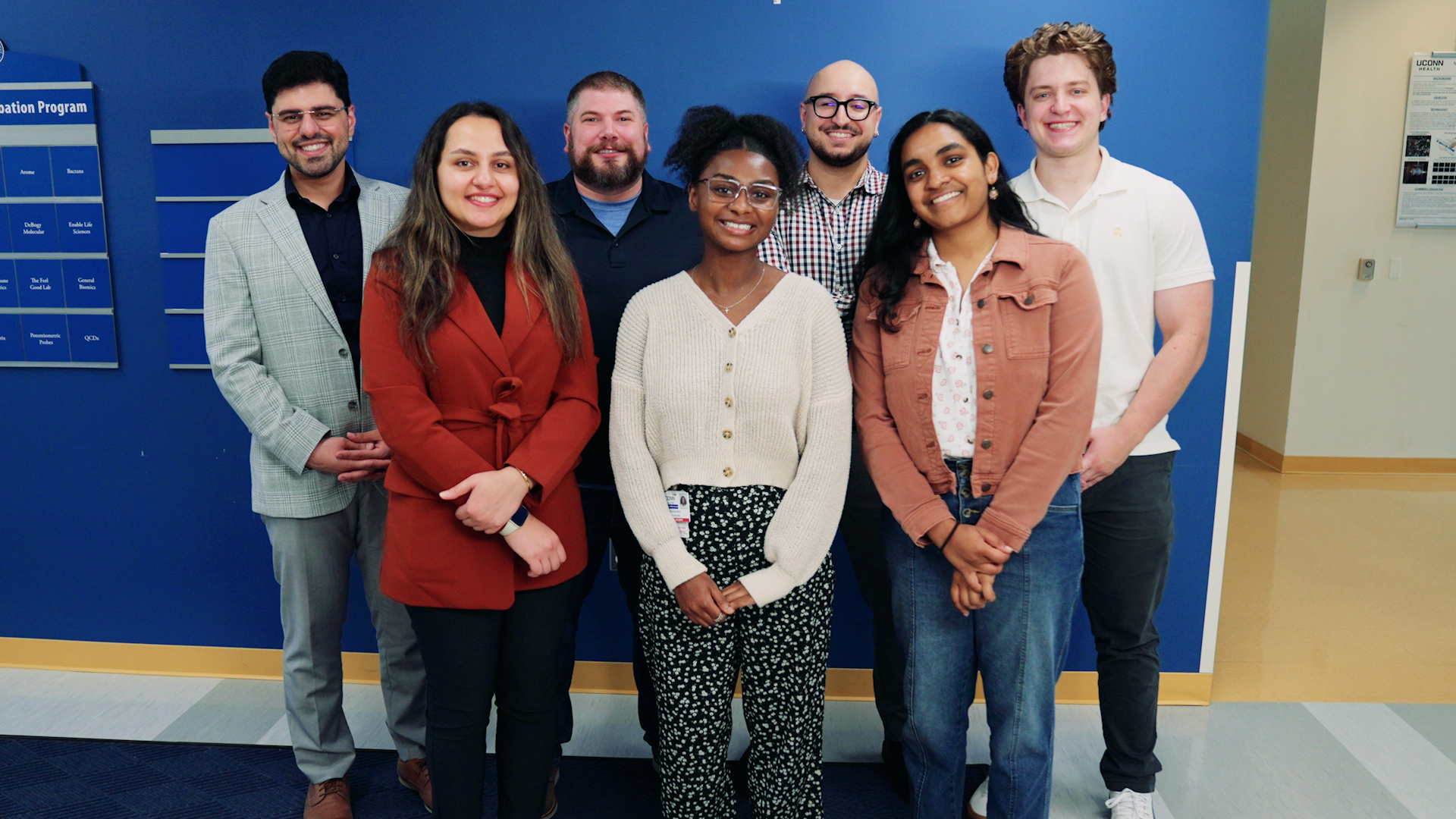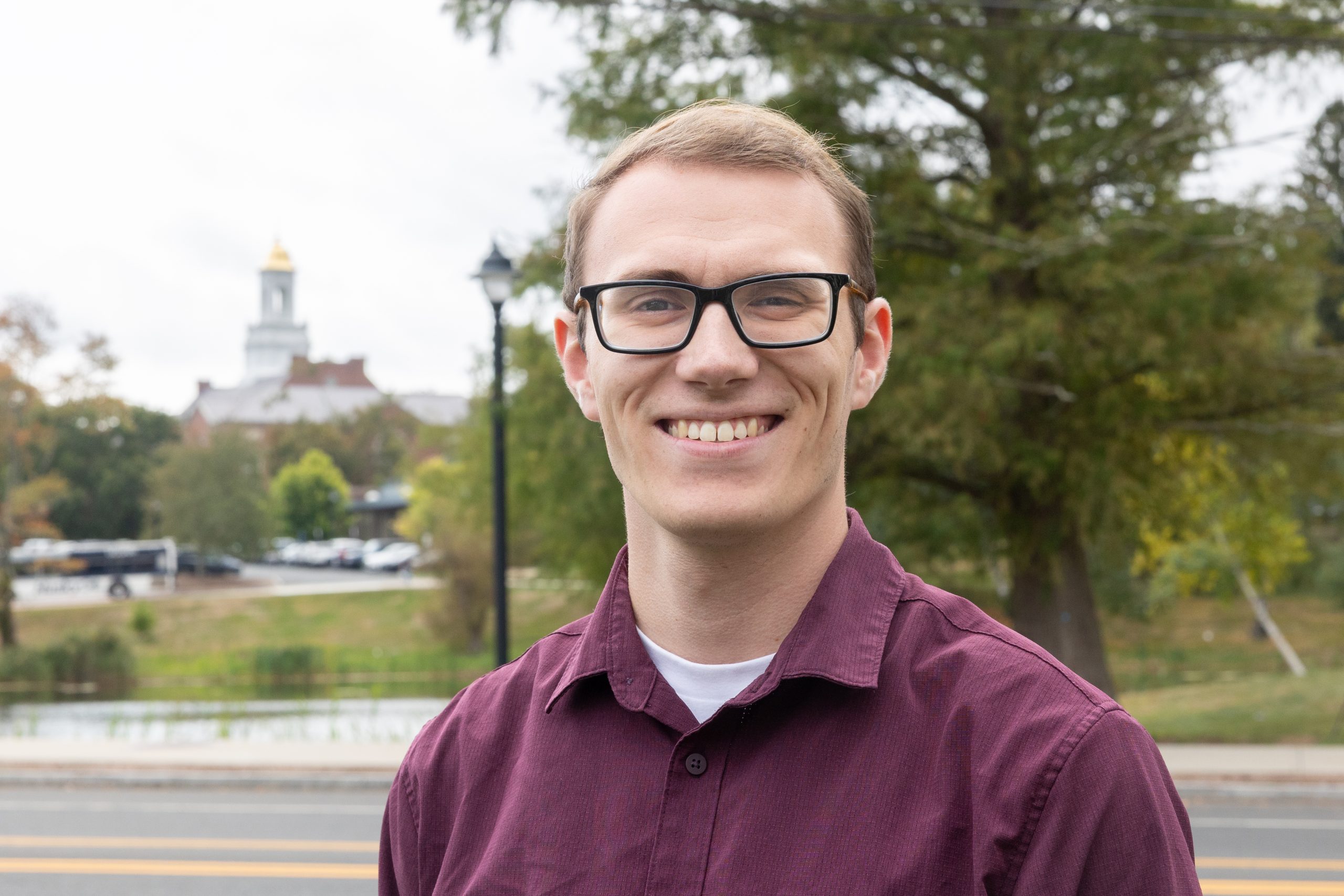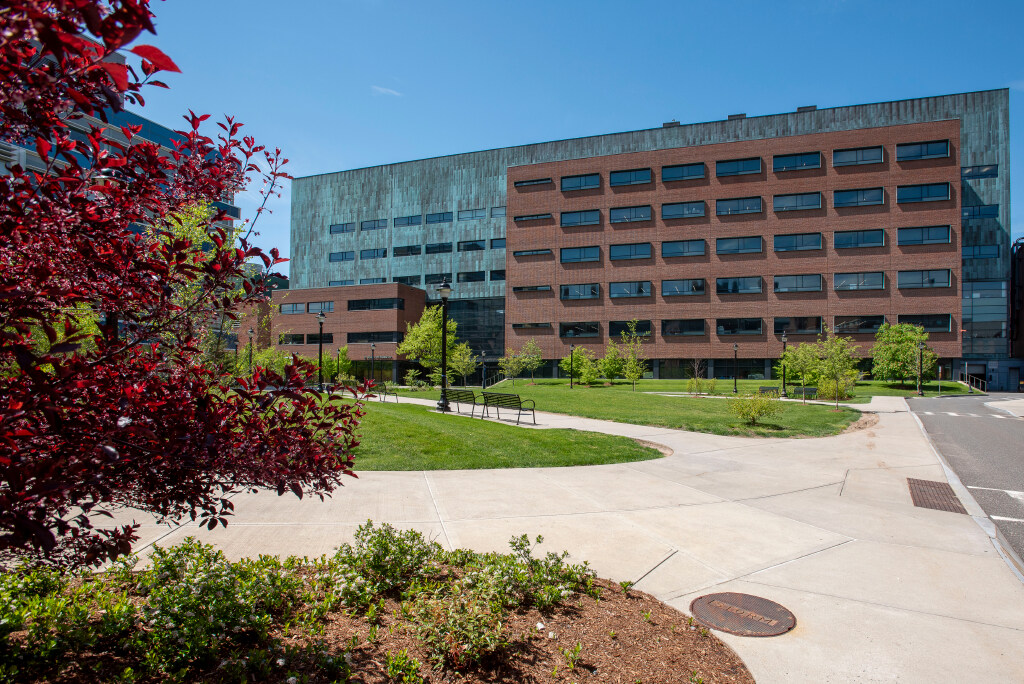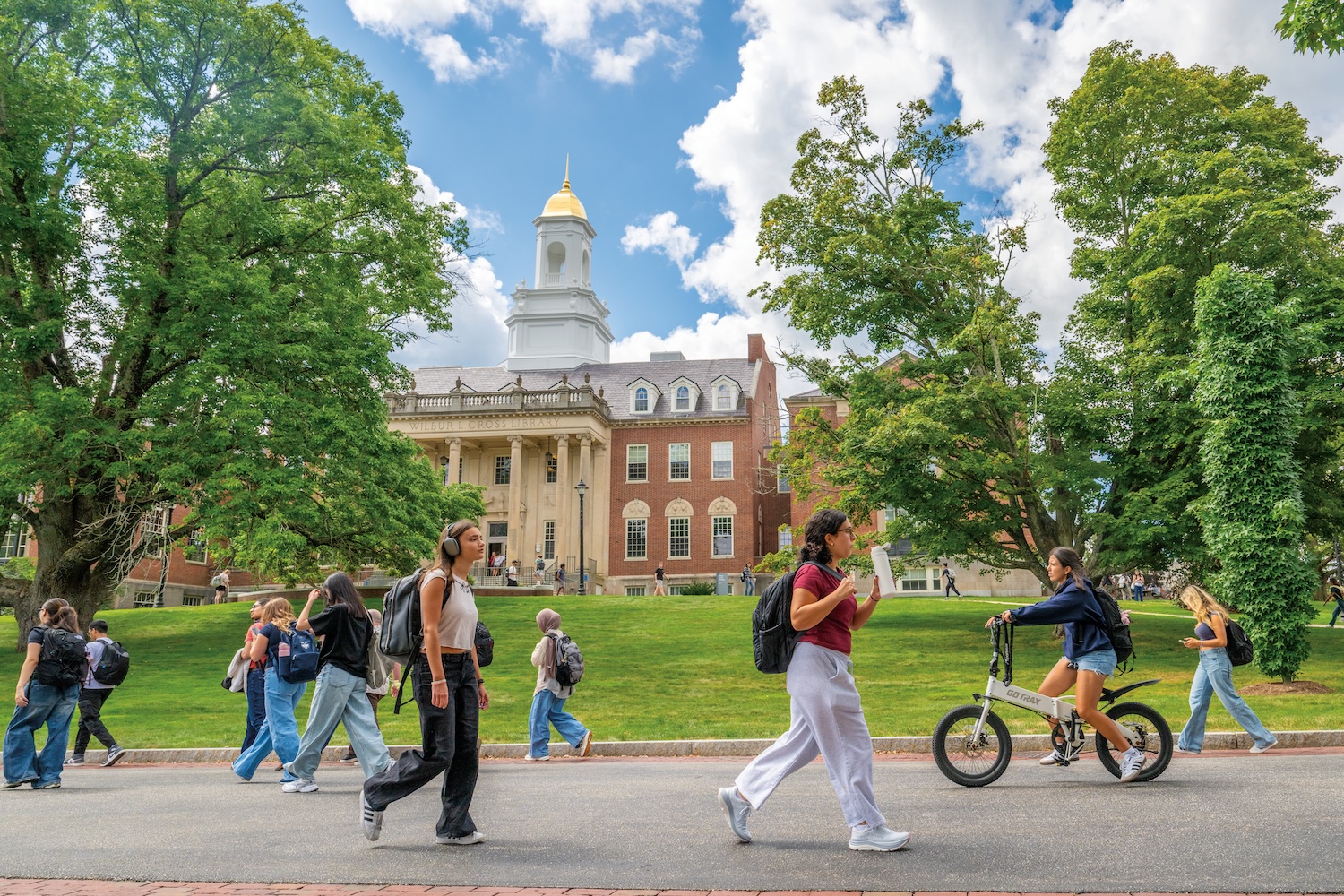UConn Professor Cato T. Laurencin Delivers the W. Montague Cobb Distinguished Lecture at the 2024 National Medical Association Meeting
Professor Cato T. Laurencin, University Professor and Albert and Wilda Van Dusen Distinguished Professor of Orthopaedic Surgery, was the W. Montague Cobb Distinguished Lecturer for the W. Montague Cobb/National Medical Association Health Institute (Cobb Institute) at the National Medical Association’s Annual Convention and Scientific Assembly. Laurencin was honored at the opening ceremonies of the National Medical Association 2024 Meeting in being named to the Lectureship Award.
Laurencin co-founded the W. Montague Cobb/NMA Health Institute in 2004 and served as its Founding Chair for over a decade. Originally an extension of the National Medical Association, the Cobb Institute functions as a national consortium of scholars that engages in innovative research and knowledge dissemination for the same goal in reduction and elimination of racial and ethnic health disparities and racism in medicine.
At his lecture, Laurencin discussed social justice and the need to promote anti-racism in health care. He discussed the IDEAL Path, (Inclusion, Diversity, Equity, Anti-Racism and Learning), a platform he created to foster a fairer world. A longtime advocate for equity and justice in the health industry, Laurencin served as Speaker of the House of the National Medical Association. Currently Laurencin is the President of the Connecticut National Medical Association Society. Laurencin is also the Founding Chair of the National Academy of Sciences Roundtable on Black Men and Black Women in Science, Engineering, and Medicine. He serves as the Editor-in-Chief of the Journal of Racial and Ethnic Health Disparities, published by Springer Nature.
Laurencin has received awards for his work in Inclusion and Diversity from the American Academy of Orthopaedic Surgeons, the Society for Biomaterials, and the Biomedical Engineering Society. He received the Presidential Award for Excellence in Science, Math, and Engineering Mentoring in ceremonies at the White House. He is the recipient of the Herbert W. Nickens Award from the American Association of Medical Colleges (AAMC), which recognized him as being a courageous leader in social justice, equity, and fairness.
Laurencin is the Chief Executive Officer of The Cato T. Laurencin Institute for Regenerative Engineering, an Institute created in his honor at the University of Connecticut. He is a core faculty member of the Africana Studies Institute at UConn. He earned a B.S.E. in Chemical Engineering from Princeton University, where he also received a certificate of proficiency in African American Studies. He received his M.D., magna cum laude, from the Harvard Medical School, and his Ph.D. in Biochemical Engineering/Biotechnology from the Massachusetts Institute of Technology.
Latest UConn Today
- UConn Cancer Care Startup Goes Global (and Beyond)Encapsulate, a MedTech company founded by UConn alumni, closes seed round and aims ever higher
- What Happens When Local Hospitals Stop Delivering Babies? UConn Anthropology Student is Hoping to Find Out'The goal of this project is, within the medical anthropology context, to really look at people’s lived experiences'
- UConn Magazine: UnrivaledForgive Napheesa Collier and Breanna Stewart for not gushing over the success of Unrivaled, the three on three women’s basketball league they cofounded
- New Interactive Map of Connecticut Nonprofits Rolled Out to Help With Decision-Making'Nonprofits have saved the State of Connecticut billions, not millions, of dollars. They took on some of the toughest public services'
- UConn Pharmacy Professor Running for President-Elect of the American Society of Consultant PharmacistsChristina Polomoff, Pharm.D. (‘14), associate clinical professor, is running for president-elect of the American Society of Consultant Pharmacists (ASCP). Supported by her UConn and pharmacy communities, she hopes to continue building ASCP as an innovative, inclusive home where every member thrives.
- UConn, Bridgeport Officials Announce ‘Promise’ Financial Aid ProgramTalented students from the Park City will receive financial aid for attending any UConn campus













